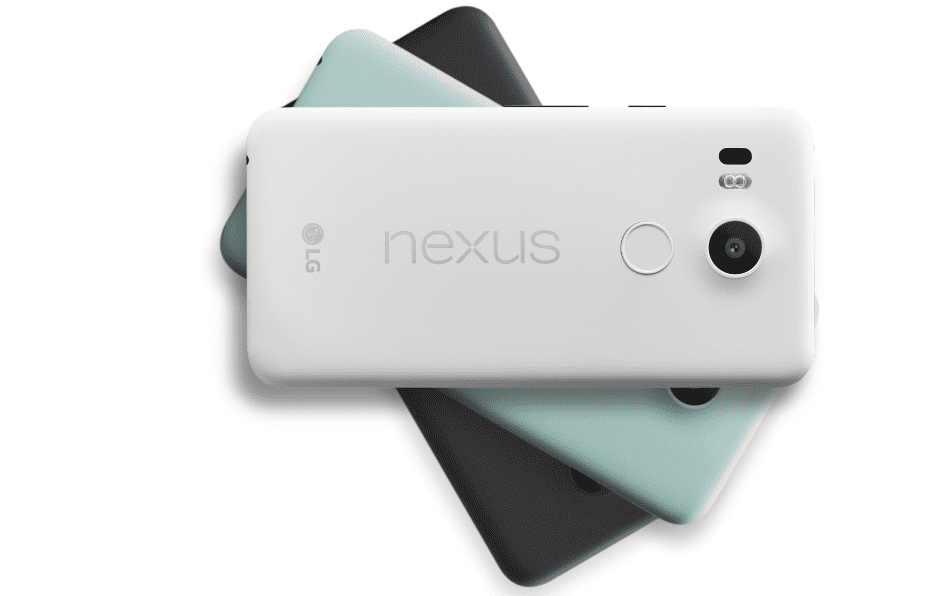Mediation is a dispute resolution process in which a neutral third party helps disputing parties communicate and reach a mutually agreeable resolution. Mediation is often used in lieu of litigation, as it is typically more cost-effective and efficient. In addition, mediation can help parties avoid the emotional stress and legal costs associated with going to court.
What are the benefits of mediation?
There are many benefits to using mediation to resolve disputes. Mediation can save time and money, as well as reduce stress for all parties involved. In addition, mediation is often more effective than litigation in reaching a mutually agreeable resolution.
What are the steps involved in mediation?
The first step in mediation is to select a mediator. The mediator should be neutral and have no stake in the outcome of the dispute. Once a mediator has been selected, the parties will meet with the mediator to discuss the issues at hand. The mediator will help the parties communicate and identify common ground. Once an agreement has been reached, the mediator will prepare a written agreement for the parties to sign.
What are the different types of mediation?
Mediation types vary depending on the dispute being resolved. Some common types of mediation include:
– Family mediation
– Business mediation
– Civil mediation
– Contract mediation
– Employment mediation
– Insurance mediation
What are the rules of a mediator?
Some common rules that mediators follow include: maintaining confidentiality, acting impartially, and facilitating communication between the parties. These rules help to create an effective and efficient mediation process.
What are some common mediation techniques?
There are many different mediation techniques that can be used to resolve disputes. Some common techniques include brainstorming, problem-solving, and active listening. Mediators may also use creative techniques such as drama or art to help parties communicate and reach a resolution.
How do I find a mediator?
There are many ways to find a mediator. You can ask for referrals from friends, family, or professionals such as lawyers or therapists. You can also search online for mediation services in your area. When choosing a mediator, it is important to select someone who is experienced and certified in mediation.
How effective is mediation?
Mediation is an effective dispute resolution process that can save time and money. In addition, mediation is often more effective than litigation in reaching a mutually agreeable resolution.
What are some common mediation myths?
Some common myths about mediation include:
– Mediation is only for small disputes.
– Mediation is only for simple cases.
– Mediation is only for people who get along.
– Mediation is only for people who want to avoid litigation.
All of these statements are false. Mediation can be used to resolve any type of dispute, no matter the size or complexity. In addition, mediation can be used by people of all personalities and relationship types. Finally, mediation can be used even if parties do not want to avoid litigation – in fact, many mediators are also experienced, litigators.
What is the difference between mediation and arbitration?
Mediation and arbitration are both dispute resolution processes. However, there are some key differences between the two. In mediation, a neutral third party helps to dispute parties communicate and reach a mutually agreeable resolution. In arbitration, an arbitrator hears both sides of the dispute and then makes a binding decision. Arbitration is typically more formal than mediation and is often used when parties cannot agree on a mediator.
What are the benefits of mediation?
There are many benefits to mediation. Some of the most common benefits include:
– Save time and money
– Avoid litigation
– Reach a mutually agreeable resolution
– Improve communication and relationships
– Resolve disputes in a confidential setting









